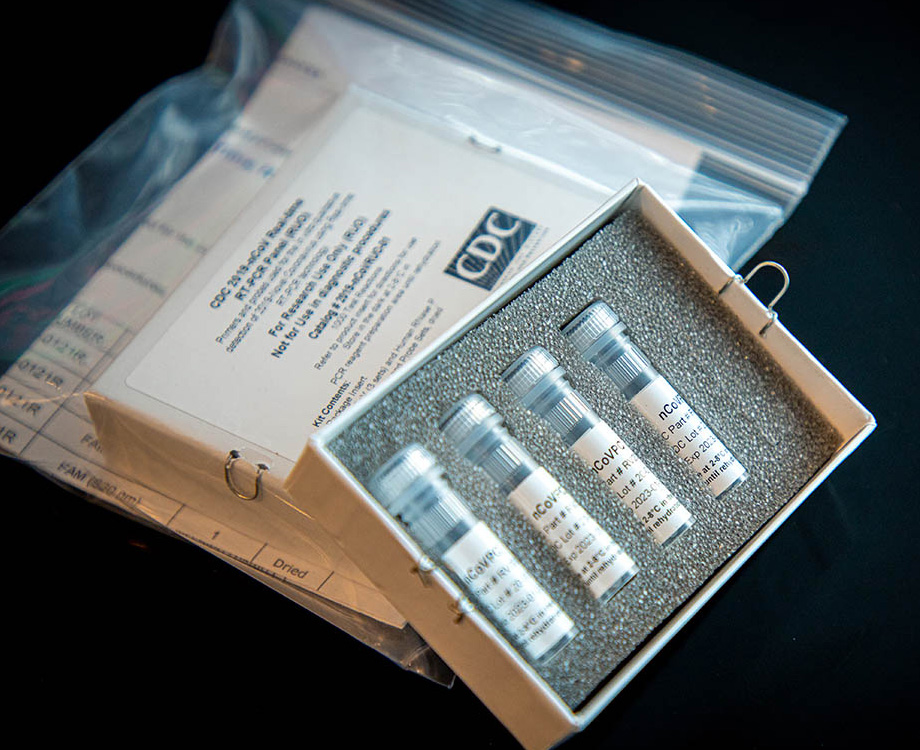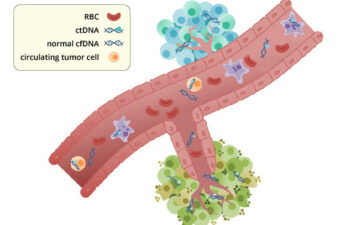
From UW Medicine
Newly reported research findings may help in detecting and preventing the spread of COVID19 at independent and assisted living community for senior adults.
One of the valuable lessons from the study at an affected retirement center in Seattle: Health-professionals should not rely solely on symptoms to determine if an older adult should receive a lab test for the coronavirus.
Screening based only on symptoms can be unreliable in older adults, the researchers found, because most of the handful of elders in this study who had the coronavirus infection did not experience a fever, cough or other problems common in COVID-19.
The study was published April 3 in the Centers for Disease Control and Prevention (CDC) Morbidity & Mortality Weekly Report.
Community transmission of SARS-CoV-2, the coronavirus that causes COVID-19, is already known to spread rapidly and cause a high rate of serious illness and deaths among older or disabled people at long-term care skilled nursing facilities.
However, little was known about what happens with the coronavirus at other types of senior living communities, where residents do not live as closely together or require skilled nursing care.
The first confirmed case of COVID19 in the United States was reported in a city north of Seattle on Jan. 21, after an international traveler returning home was hospitalized for the disease.
In hindsight, the disease is suspected to have already been on the move. Cases of the pandemic illness are now confirmed present in all U.S. states. The recent MMWR study looked at a senior living community in Seattle after two of its residents were hospitalized with COVID 19 the week of March 5.
On March 6 the center’s administration, staff and residents instituted stringent infection prevention measures.
These included physical distancing, in-room isolation with no communal meals or activities, visitor restrictions, exclusion of ill staff, and stricter hygiene, cleaning and disinfecting practices.
All of these are now CDC guidelines for coronavirus prevention in independent and assisted living communities.
All 62 staff and 80 residents were screened for respiratory illness and other symptoms of possible COVID-19. Two rounds of clinical lab tests for the coronavirus were conducted, 7 days apart.
Although a number of residents and staff reported symptoms, only 3 residents and 2 staff members tested positive for the new coronavirus. The two staff members who tested positive had symptoms.
However, the three residents who tested positive, and a fourth resident who tested positive 7 days later, did not have any symptoms.
The researchers emphasized that the lack of symptoms in infected older individuals underscores how important it is to adhere to CDC public health guidance to prevent COVID-19 transmission in senior living communities.
What made the difference at this facility, compared to the situation at skilled nursing facilities that experienced more severe outbreaks? This population could have been vulnerable: The residents were all of advanced age, with an average age among the residents of 86. About 79% had one or more chronic medical conditions.
However, the researchers surmised the physical distance present in the community where all lived in their own apartments, the fact that most of the residents could get around on their own and did not routinely need nursing care, as well as the facility’s adherence to prevention measures, perhaps could account for its relatively few number of cases. As of March 31, all residents remain in isolation and are doing well.
Tom Frieden, former CDC director, tweeted the article out to his followers. He called it, “The #COVID19 outbreak that DIDN’T happen in independent & assisted living community.” He added, “Even with many vulnerable people, physical distancing can succeed!”
The lead and corresponding researcher on the study was Alison Roxby, assistant professor of global health and of medicine, Division of Allergy and Infectious Diseases, University of Washington School of Medicine. Senior authors were Jeffrey Duchin, health officer and chief of communicable diseases, Public Health Seattle & King County and professor of medicine, UW School of Medicine, and Santiago Neme, clinical assistant professor of Medicine, UW School of Medicine and medical director, UW Medical Center – Northwest.


